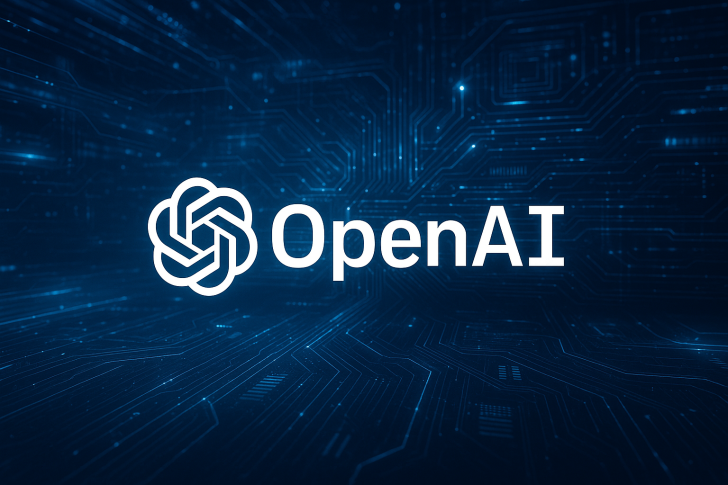The gloves are coming off in Silicon Valley. The company has quietly hired around two dozen consumer hardware engineers straight from Apple's ranks and locked in a partnership deal with Luxshare, one of Apple's most trusted suppliers. This isn't just talent poaching - it's a declaration of war on Apple's hardware dominance.
OpenAI's Hardware Gambit
Technology journalist Amir Efrati dropped a bombshell this week: OpenAI isn't just content being the AI software king anymore.
Until now, OpenAI lived in the cloud. ChatGPT, GPT-4, all those AI breakthroughs - they happened on servers, not in your pocket. But bringing in Apple-trained engineers and teaming up with Luxshare changes everything. This isn't some research project or proof of concept. When you partner with a supplier that knows how to build millions of devices, you're planning something big.
Why Apple Should Be Worried
Losing two dozen engineers hurts, but it's not just about the headcount. These aren't random developers - they're the people who know how Apple thinks about hardware, how they solve manufacturing problems, how they turn concepts into products that millions of people actually want to buy. And now they're working for a company that's raised over $13 billion and has the AI chops to back up whatever they're building.
The Luxshare angle makes it even more serious. This supplier doesn't mess around with prototypes - they build real products at scale. For Apple, that's got to sting. It's like watching your ex-girlfriend date your best friend, except your best friend is about to compete directly with your iPhone business.
The possibilities are intriguing:
- An AI-first smartphone that makes Siri look like a toy
- A wearable assistant that actually understands what you're saying
- A smart home hub that could make Alexa obsolete
- Something completely new that we haven't seen before
The Bigger Picture
This move shows how the tech industry is reshuffling. AI companies aren't staying in their lanes anymore - they want the whole stack. OpenAI is betting that the future belongs to devices built around AI from day one, not traditional gadgets with AI features bolted on afterward. That's a direct challenge to Apple's playbook of perfecting hardware first, then adding smarts later.
The talent migration tells its own story too. Engineers are following the money and excitement, and right now, that's flowing toward AI companies, not traditional tech giants. Apple's going to have to fight harder to keep its best people.
 Peter Smith
Peter Smith

 Peter Smith
Peter Smith


